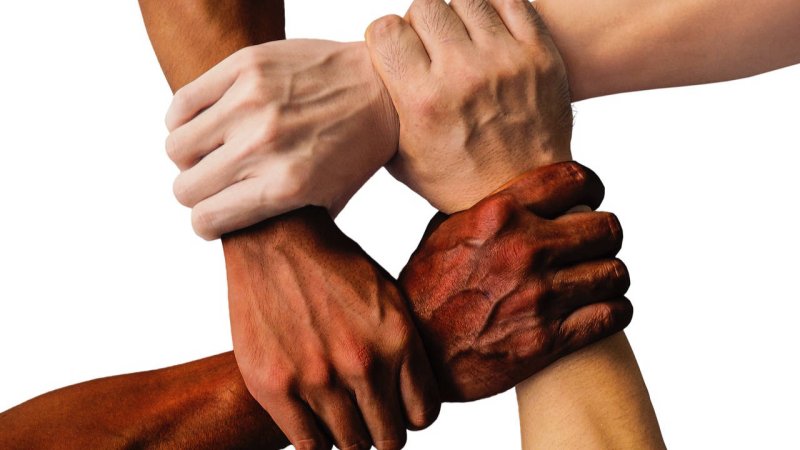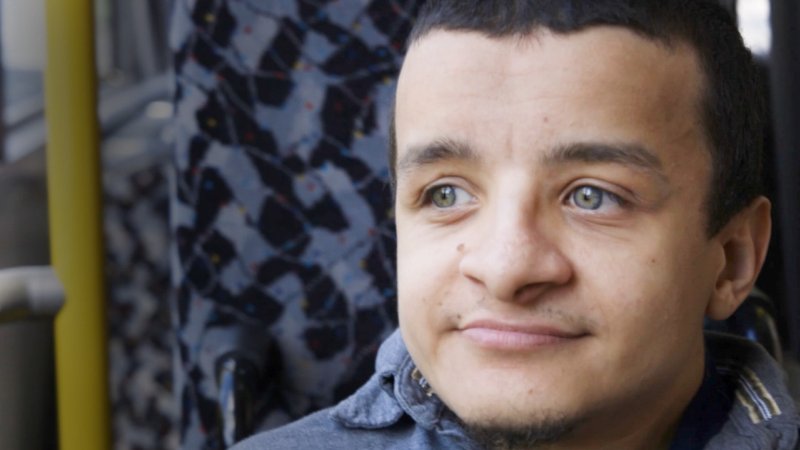Discrimination
Discrimination is prohibited in Germany –nevertheless, many are affected by it. Whether when looking for accommodation, dealing with authorities, at work, schools, doctors' surgeries, during leisure time or with the police. Discrimination can occur in all areas of life. Am I not allowed into the club because I have a disability? Did I not get the job because I wear a headscarf? Are my children treated worse at school because they speak little German? Does the police pick me to check on the long-distance bus because I have a different skin colour? Does the cab driver refuse to take me because I am trans*? Experiences like these lead to feelings of anger, powerlessness and helplessness. Such discrimination also harms social coexistence.
However, you do not need to simply accept discrimination: you have the legal right to defend yourself against it – everyone in Germany does; regardless of their origin or residence status. This right is enshrined in the German Basic Law as one of the human rights. It is also regulated in the General Equal Treatment Act ("Allgemeinen Gleichbehandlungsgesetz" or AGG). You can take legal action against discrimination - and in certain cases, it is worthwhile to do so.
Labour rights
Labour law in Germany is very complicated as there are numerous regulations in several bodies of law regarding the subject. However, it is crucial to know your rights and obligations as an employee. You can only demand your rights if you are aware of them.
Living with Disability
Many only think of people in wheelchairs when it comes to disabilities. However, disability is multifaceted and there are also invisible disabilities. Learning difficulties, chronic and mental illnesses, for example, can also be considered disabilities. It does not matter if the disability is something with which the individual is born or a condition caused by an accident or illness. On this page, you can learn more about the rights and aid possibilities for people with disabilities in Germany.
Mental Health
Many of us have experienced (or will experience) stressful situations, fear, violence or helplessness at some point in their lives, whether in their country of origin, en route or in Germany. Processing such experiences and feelings could be very challenging. It is entirely normal to feel exhausted, tense, or not like ourselves afterwards. But it is crucial to take care of our mental health and – if necessary – seek help to process our experiences and possible trauma.
Here you can find out where to seek psychosocial support for yourself or others. There are various types of counselling and therapy that could help.
Sexually Transmitted Diseases
Some diseases can be sexually transmitted. They are commonly called "STDs" (sexually transmitted diseases) or "STIs" (sexually transmitted infections). These diseases are easy to contract, and the consequences of an infection can seriously affect one later in life. The misconception that these diseases are only common among certain groups of people is not true at all– anyone who is sexually active can get infected and, therefore, must watch out.
In this chapter, you will learn more about sexually transmitted diseases such as HIV, AIDS and hepatitis. You will also find helpful information on how and where to have yourself anonymously examined for such infections in Germany. You will also find out where to seek medical and psychological support and how to protect yourself and others.




